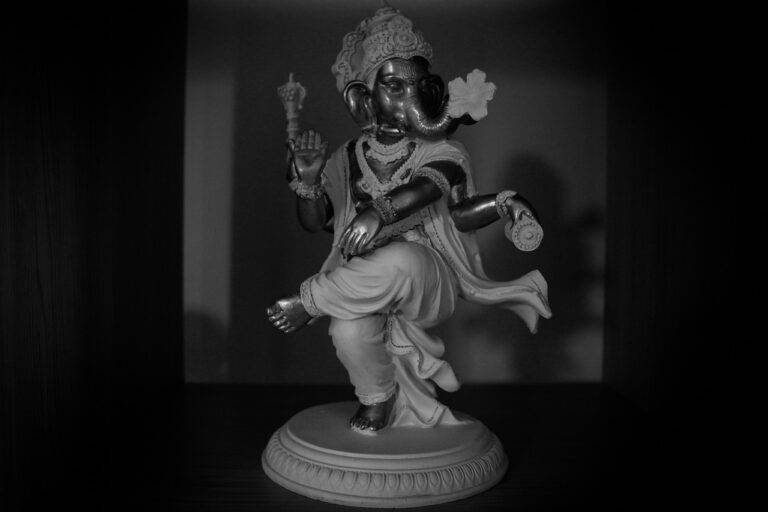The Influence of Brand Positioning in Political Campaigns: Differentiation and Perception: 11xplay registration, Laser 247com, Tiger exchange 247 vip login
11xplay registration, laser 247com, tiger exchange 247 vip login: In today’s political landscape, brand positioning plays a crucial role in shaping the success or failure of a political campaign. Just like in the corporate world, political candidates must differentiate themselves from their competitors and create a perception in the minds of voters that sets them apart. In this article, we will explore the influence of brand positioning in political campaigns, focusing on differentiation and perception.
Differentiation:
One of the key elements of brand positioning in political campaigns is differentiation. Candidates must identify what sets them apart from their opponents and communicate this to voters effectively. This could be based on their policies, values, or personal background. By highlighting their unique selling points, candidates can attract supporters who resonate with their message.
Messaging:
Effective brand positioning in political campaigns relies heavily on messaging. Candidates must craft a compelling narrative that resonates with voters and addresses their concerns. The messaging should be consistent across all communication channels, from speeches to social media posts. By staying on message, candidates can strengthen their brand positioning and build trust with voters.
Visual Identity:
In addition to messaging, visual identity plays a significant role in brand positioning in political campaigns. This includes logos, colors, and imagery used in campaign materials. A strong visual identity can help candidates stand out from the competition and create a memorable brand image. By using consistent visual elements, candidates can reinforce their messaging and create a cohesive brand identity.
Perception:
Another crucial aspect of brand positioning in political campaigns is perception. Candidates must manage how they are perceived by voters, the media, and their opponents. Perception can be influenced by a candidate’s behavior, actions, and the narrative that is being told about them. By proactively shaping their image and addressing any negative perceptions, candidates can strengthen their brand positioning and build credibility with voters.
FAQs:
Q: How important is brand positioning in political campaigns?
A: Brand positioning is crucial in political campaigns as it helps candidates differentiate themselves from their opponents and create a favorable perception in the minds of voters.
Q: Can brand positioning change throughout a campaign?
A: Yes, brand positioning can evolve throughout a campaign based on feedback from voters, current events, and the actions of opponents. It is essential for candidates to be adaptable and responsive to changes in the political landscape.
Q: How can candidates measure the effectiveness of their brand positioning?
A: Candidates can measure the effectiveness of their brand positioning through polling data, focus groups, and social media analytics. By tracking key metrics, candidates can evaluate how well their messaging is resonating with voters and make adjustments as needed.
In conclusion, brand positioning is a critical component of political campaigns that can shape the success or failure of a candidate. By focusing on differentiation and perception, candidates can create a compelling brand identity that resonates with voters and sets them apart from their competitors.







